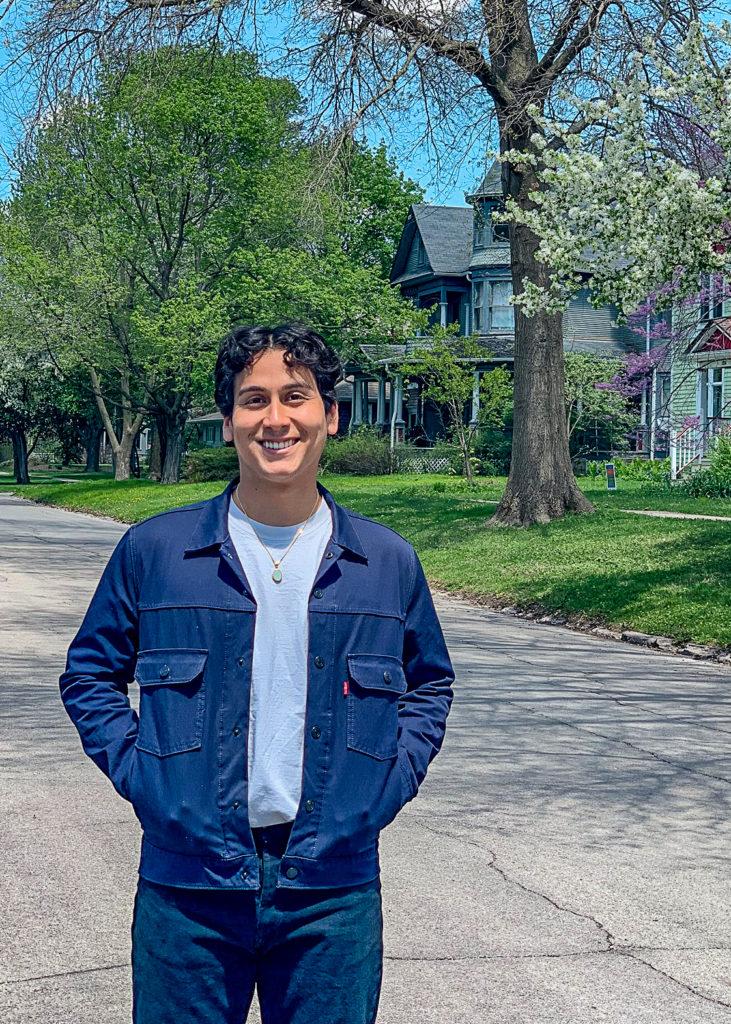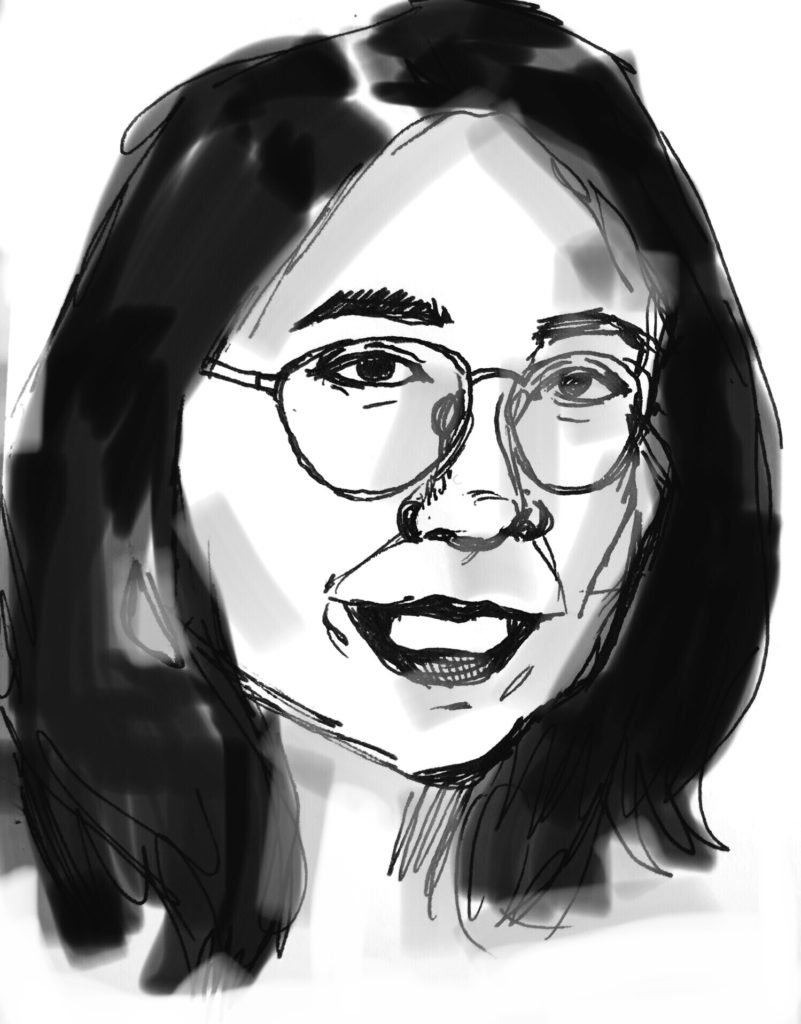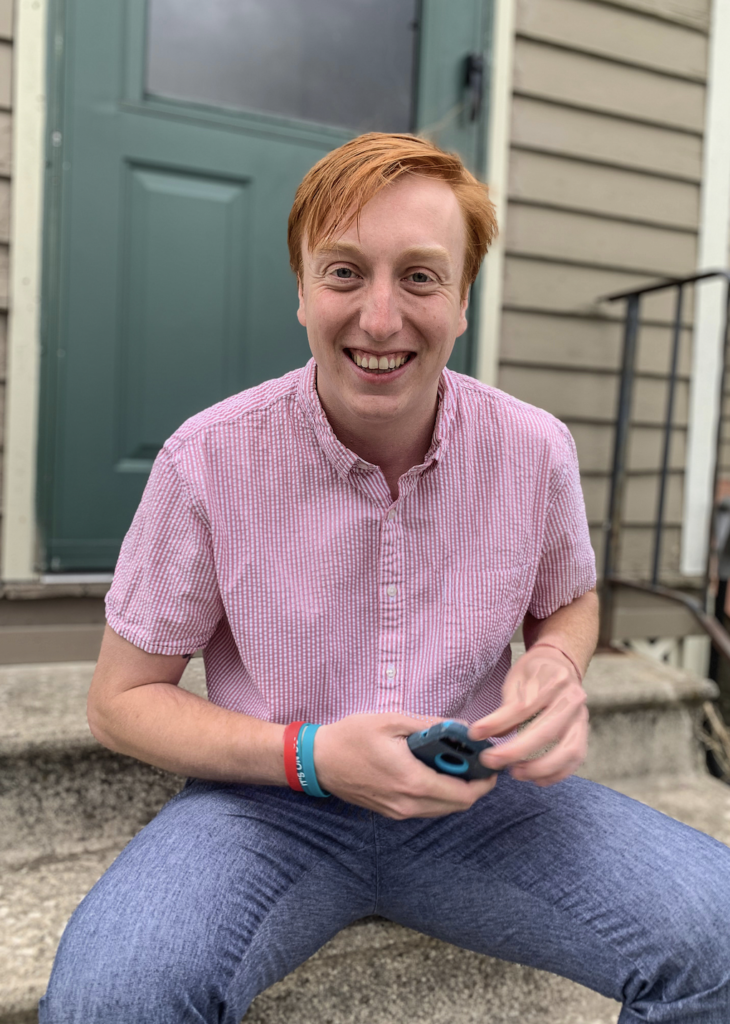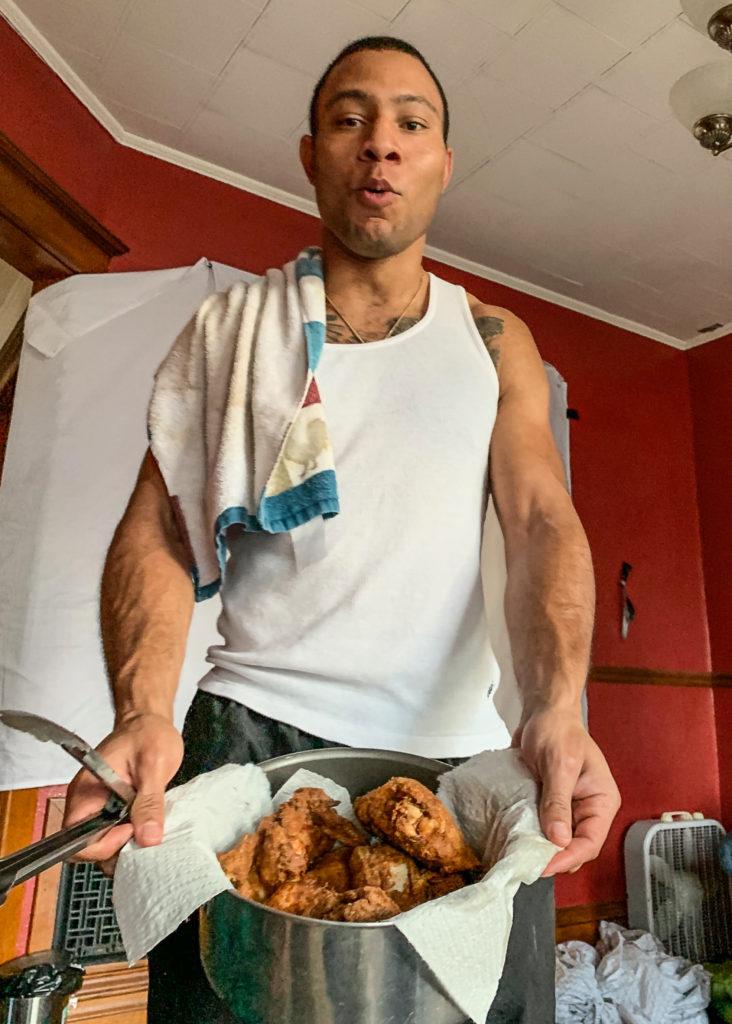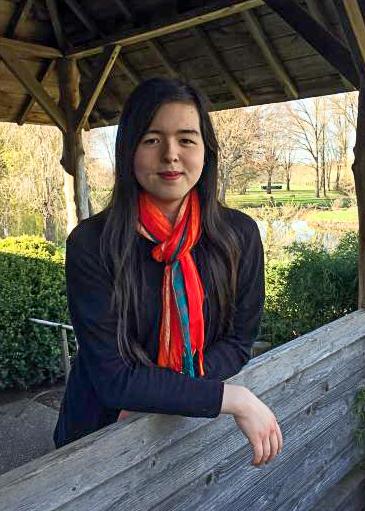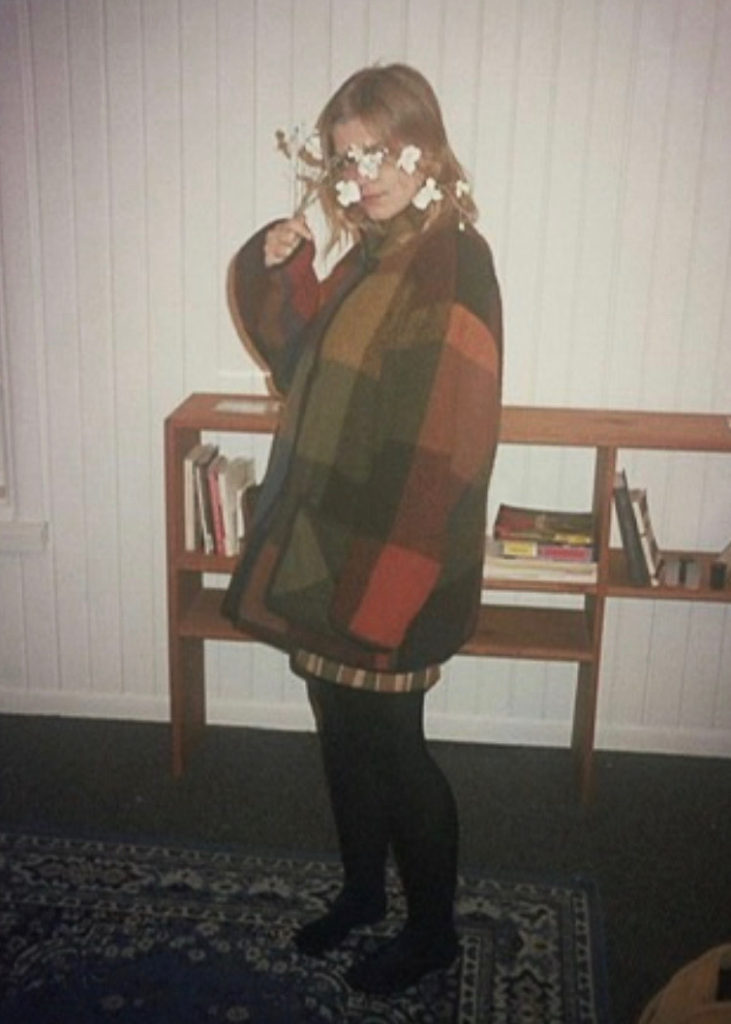Giani Angel Chavez is a studio art major and a computer science major, but it’s no secret which discipline he prefers.
“Why would I spend all my time doing computer science just to make money?” he asked. “That’s not what I want to do with my life. … You’re just profiting off of everything.”
Yet when Chavez graduates in May, he will move to Boston to work as a software engineer at Wellington Management, one of the world’s largest private investment management firms.
“I’m a hypocrite,” Chavez said, half-laughing, half-grimacing over the phone.
Chavez describes taking the job at Wellington — as well as his pursuit of computer science as a major — as a “practical,” “realistic,” and “tactical” decision to ensure he can support himself while pursuing his real passion, art.
It’s a decision that reflects the grim reality faced by many of this year’s graduates — especially amid the current crisis — a reality that defies every feel-good, coming of age flic about following your dreams no matter what. It’s also a decision informed by his own life experiences.
“Computer science has given me a financial safety net that I feel like I have not had in my life,” Chavez said, speaking as both a first-generation student and the child of immigrants.
To be clear, Chavez doesn’t revile all of computer science. In addition to being a financial safety net, Chavez said computer science has also helped to ground him. “It really changed me, grounded me more. I felt like I was more of a dreamer [before],” he said.
And the field is not devoid of creativity, either, according to Chavez. He compared the creativity of art with the creativity of the problem solving central to computer science. He enjoys working with user interfaces and website design, and in this way, he can mesh his skills and his passion for art with his work as a software engineer.
But asked how his work as a computer scientist affects his artistry, he was quick to separate them. “I take joy from art in different ways than I do from computer science. Mixing them together would take the joy out of art,” he said.
While he’s following a career in computer science, Chavez will continue to make art. It’s clear that art is his priority, not only academically and professionally, but personally. Art gives Chavez a way to explore his own complex character and identity in ways that computer science cannot — in ways that most academic fields cannot.
In a Grinnell figure-drawing class, Chavez crafted a zine that explores the homoeroticism of volleyball, a work he cited as his favorite created at Grinnell. “I hadn’t made anything that outwardly said that I was gay, and I was like, ‘I don’t really need to tell people that I’m gay,’ but I’m also like, ‘This is pretty cool,’” he said.
The zine, titled “Volley Boys: Volume I,” follows the story of a player and a coach in a sexual relationship.
“It was half volleyball, half porn,” said Chavez, describing the zine. “I found pictures of … models in pornography in different positions and then I would draw them and make them look like they were playing volleyball.”
“It’s very artfully done, and it’s not super inappropriate,” he said, quick to clarify. “There’s maybe two, three penises. A bunch of butts.”
Chavez also explores his heritage with his art. Featured in his February exhibition in Smith Gallery, “Gloria and Guillermo” is a series of photos of his parents in Los Angeles in the 1970s. In a previous interview, Chavez told The S&B, “Creating this piece was almost like the process of creating memories with people I don’t know, … because even though they are my parents, I have no relation to the figures in the photographs.”
Through his art, Chavez hopes to “regain what I have lost” when his parents emigrated from Mexico to the United States.
At Grinnell, Chavez was an active member of the Student Organization of Latinxs (SOL), serving twice as a cabinet member.
“The friendships and all of the stuff that happened there are honestly some of my favorite memories of Grinnell, just because it was so much fun working together, … bringing a part of our culture here. … The energy that we felt at those events is an energy that Grinnell doesn’t always have.”
As a cabinet member, Chavez said that he tried to change “the way people think about us, people who look like me, people of color.” But he also said that SOL’s work centered around its members celebrating themselves — for no one but themselves.
In campus life and in classes, Chavez was acutely aware that he was in the minority. When that changed for a semester in a class on Caribbean Art, Chavez took notice. “That class was all people of color. And I was like, “Wow. This is the first time that I’ve ever experienced this, and it feels great.’”
Asked what he would do to improve Grinnell, he said, “I just wish Grinnell would bring more people of color here.”
Reflecting on the last four years, Chavez resisted the pull of regret so easily acquiesced to, especially as his last semester was cut short by COVID-19.
“Yeah, this happened, but also: I’m still graduating. I still have all the stuff I did before this happened. … Maybe I lost something, but I feel like in the end it was just maybe a couple months of a three and a half-year thing. I feel like I’m still pretty proud of everything I’ve done.”


















































